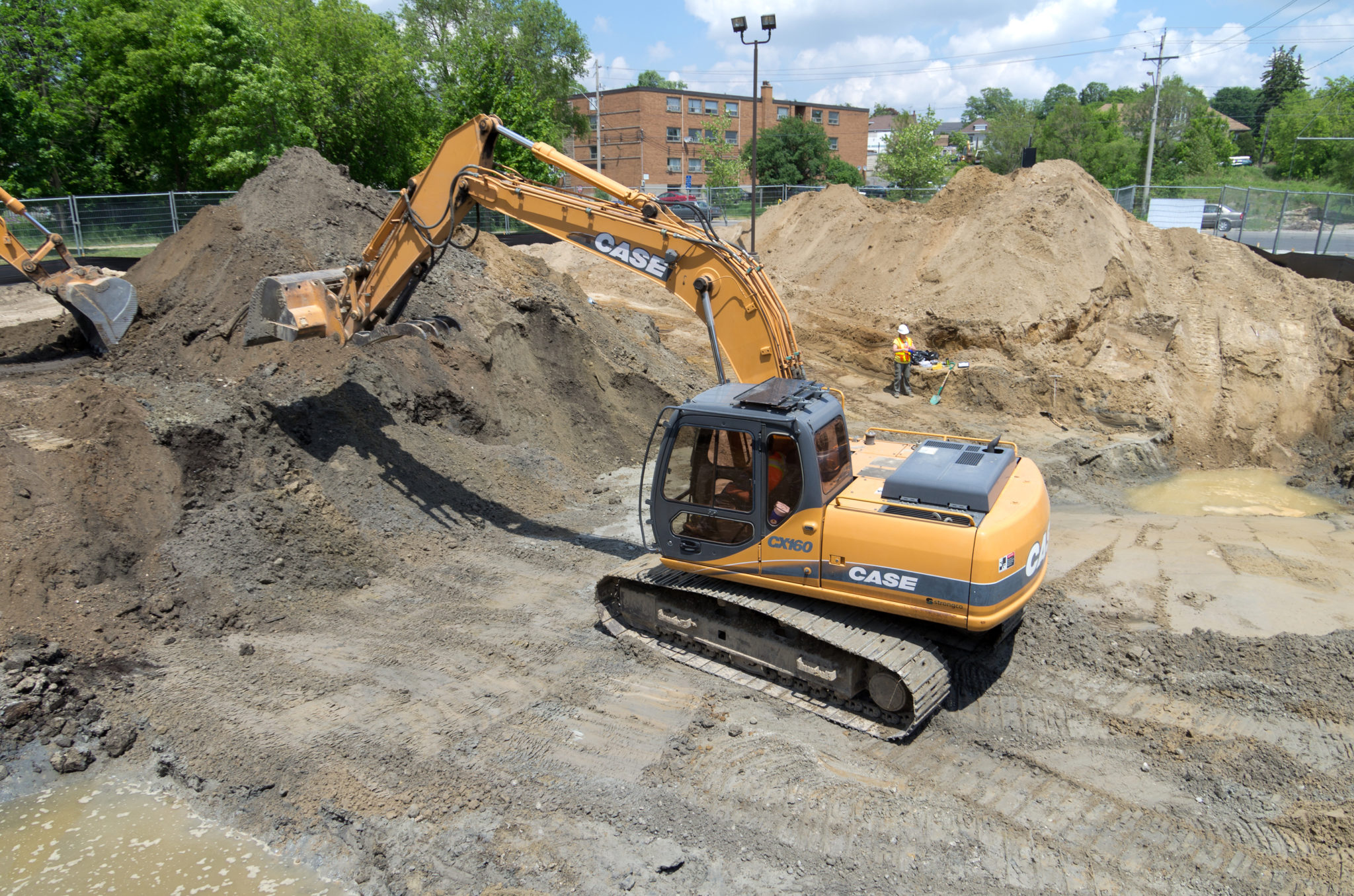The rise of populist governments and politics is changing the way we need to approach the narrative on building infrastructure in Ontario, North America, and around the world.
Voter Range & Populism: The Threat to Building Infrastructure, hosted by the Canadian Council of Public-Private Partnerships (CCPPP), educated infrastructure developers and project owners on the impacts of this growing political movement thanks to a keynote presentation from Nik Nanos of Nanos Research.
“We’re sensitive to today’s reality, and astute enough to recognize that we can’t avoid the impact in our space, because it is so politically visible, and an industry that is of such high priority to politicians,” said Mark Romoff, president and CEO of CCPPP.
CCPPP commissioned Nanos Research to conduct a survey to better understand whether infrastructure delivery in Canada could be susceptible to populist movements.
“Overall, the survey suggests Canadians continue to support public-private partnerships, but the infrastructure sector is not immune to voter rage,” said Nanos, the executive chairman of Nanos Research. “It’s reassuring to see that despite a tumultuous last few years in global politics, Canadians are largely moderate in their views on these issues although there are some significant differences among men and women, the regions and even age groups that bear watching.”
There were some noteworthy variations in the overall data that are worth noting, especially as many municipal and provincial governments in Canada continue to ramp up investments in infrastructure:
- 38 per cent of those surveyed believe the primary source of cost overruns for P3s are a result of private sector companies charging too much, but that number is 51.1 per cent in Quebec and just 27.1 per cent in the Prairies;
- 37 per cent believe that the approval process for major infrastructure projects favours environmentalists and indigenous communities. That number is as low as 22 per cent (Quebec) or as high as 58 per cent (the Prairies) depending on where in Canada those surveyed are located;
- In that same category, 45.8 per cent of males believe that the approval process favours those groups, while only 29.5 per cent of woman believe that to be the case;
- 64 per cent of respondents either strongly support or support the use of P3s for infrastructure development. The highest support can be found in the Prairies (71 per cent) and the lowest in Quebec (52.3 per cent).
The observations are based on a random telephone survey of 1,000 Canadians, 18 years or older, between September 29 and October 4, 2018. The margin of error is +/- 3.1 percentage points, 19 times out of 20.
















